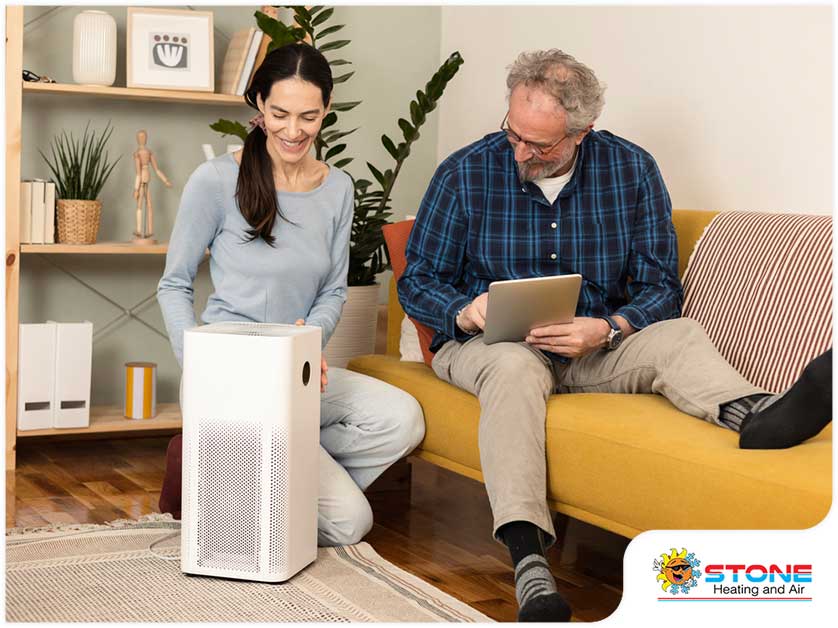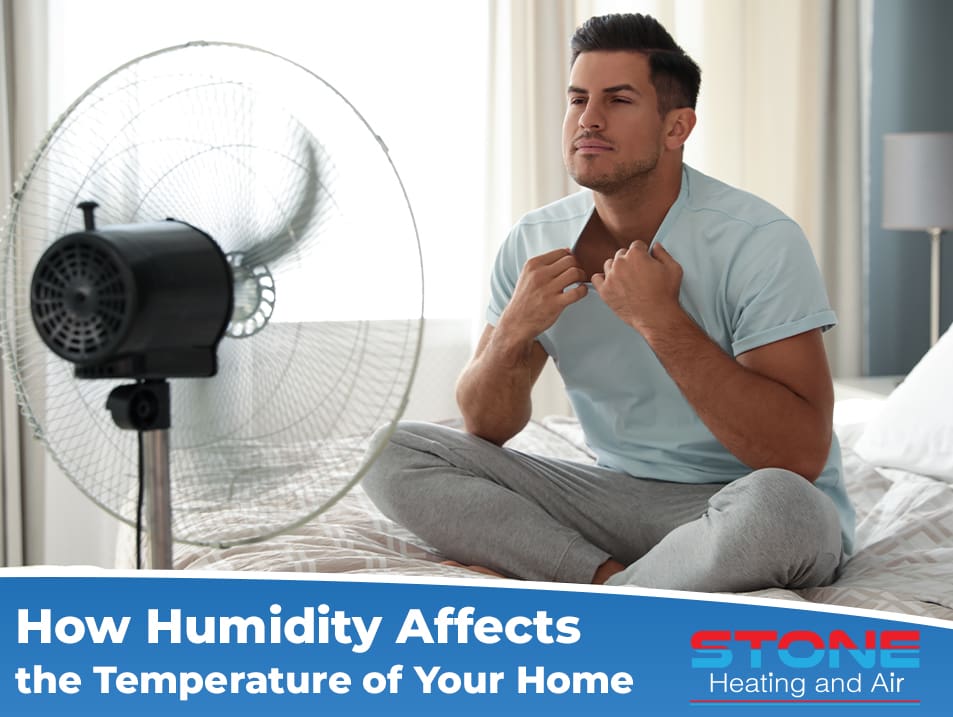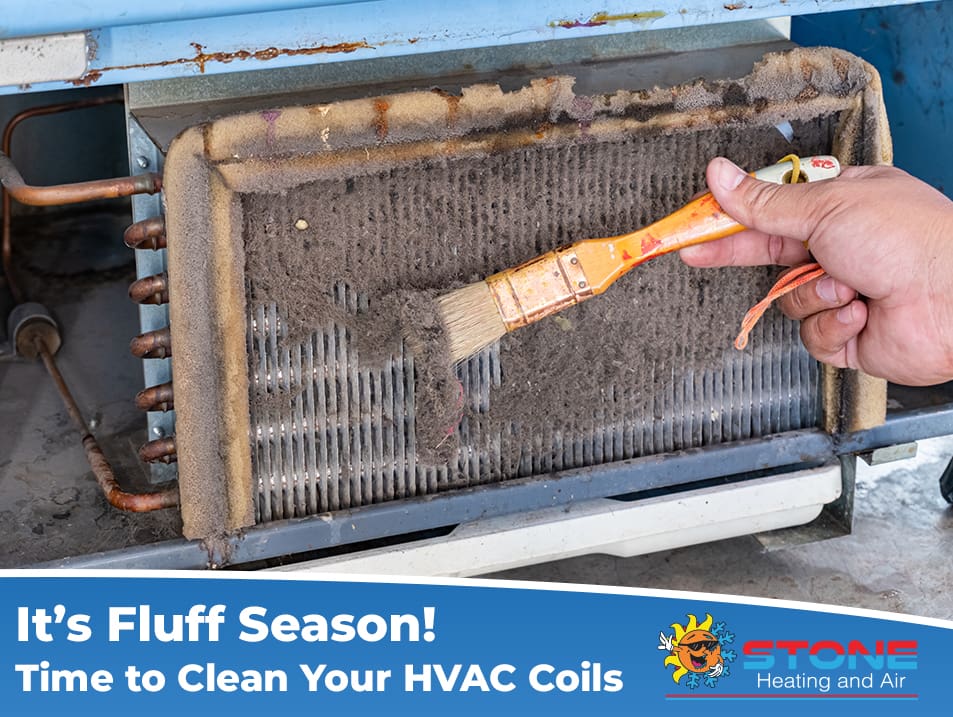Improve Your Building’s Indoor Air Quality With These Tips
A comfortable living or working space is vital for productivity and health. However, poor indoor air quality can impact both, resulting in a lack of mental clarity and alertness. Airborne pollutants like dust, pollen, and other microbes may exacerbate allergy symptoms that lead to respiratory problems.

Fortunately, there are steps you can take to improve your building’s indoor air quality and ensure a healthier, more pleasant environment in your home or business. Stone Heating and Air, a trusted name among local HVAC maintenance companies, shares these practices below.
Increase Ventilation
Stale indoor air is more likely to contain numerous pollutants that can affect your indoor environment. Open windows or install an exhaust fan to increase ventilation and allow outdoor air to replace potentially contaminated indoor air. This air exchange mitigates the number of hazardous particles floating around, improving the overall atmosphere inside any living space.
Use Air Purifiers
These devices can help keep the air indoors fresh by targeting and removing airborne particles indoors. Be sure to choose a system certified by organizations like the Association of Home Appliance Manufacturers (AHAM) and maintain it consistently with regular filter changes.
Implement Regular Cleaning Practices
Regular vacuuming and mopping remove built-up dust, dirt, and allergens and reduce the number of contaminants in the air. You may also need to hire duct cleaning professionals to keep your ductwork clean. When handling cleaning products, make sure to read the label to check if it contains harmful chemicals or highly volatile organic compounds, which can be released into the air while in use.
Control Humidity Levels
High humidity can contribute to poor indoor air quality by allowing allergens, dust particles, and mildew to breed more quickly. Use a dehumidifier to reduce moisture levels in the air, especially in the summer months. Ideal indoor humidity is between 30%-50%, so watch your thermostat’s readings for the best results.
Monitor Carbon Dioxide
Indoor carbon dioxide levels can increase and affect air quality. Aside from people and pets expelling it during respiration, appliances such as clothes dryers and gas-powered furnaces also emit CO2. Excessive amounts can have an impact on air quality. If CO2 levels reach concentrations above 1,000 to 2,000 parts per million (ppm), this is considered unsafe and should be addressed quickly.
Utilize Air Filtration Systems
Install permanent air filtration systems that trap allergens, dust, and other pollutants in the building before they can enter it. As long as these filters are periodically changed, they will continue to remove contaminants from the air, creating a healthier atmosphere.
Avoid Harmful Chemicals and VOCs
Volatile organic compounds (VOCs) are harmful gases released in the air from manufactured goods such as furniture, carpets, and cleaning products. Choose products with little to no VOCs like baking soda, vinegar, and some plant-derived cleaners to help reduce their impact on indoor air quality.
Utilize Green Building Practices
Applying greener cleaning practices helps minimize environmental impact and generate better indoor air quality. By deploying more efficient HVAC systems, using recycled materials, utilizing daylighting strategies, and planting vegetation indoors, you’re creating a healthier environment for the people in it.
Improve Your Indoor Air Quality With Stone Heating and Air
Call Stone Heating and Air if you are in need of a professional to help improve the indoor air quality of your home or business. We are one of the leading HVAC companies in the area specializing in home heating repair and commercial AC installation services, so you can rest assured that you’re in good hands. Give us a call at (541) 855-5521, or fill out our convenient online form to schedule an appointment.
Category: Indoor Air Quality
Request An Appointment
Related Content




